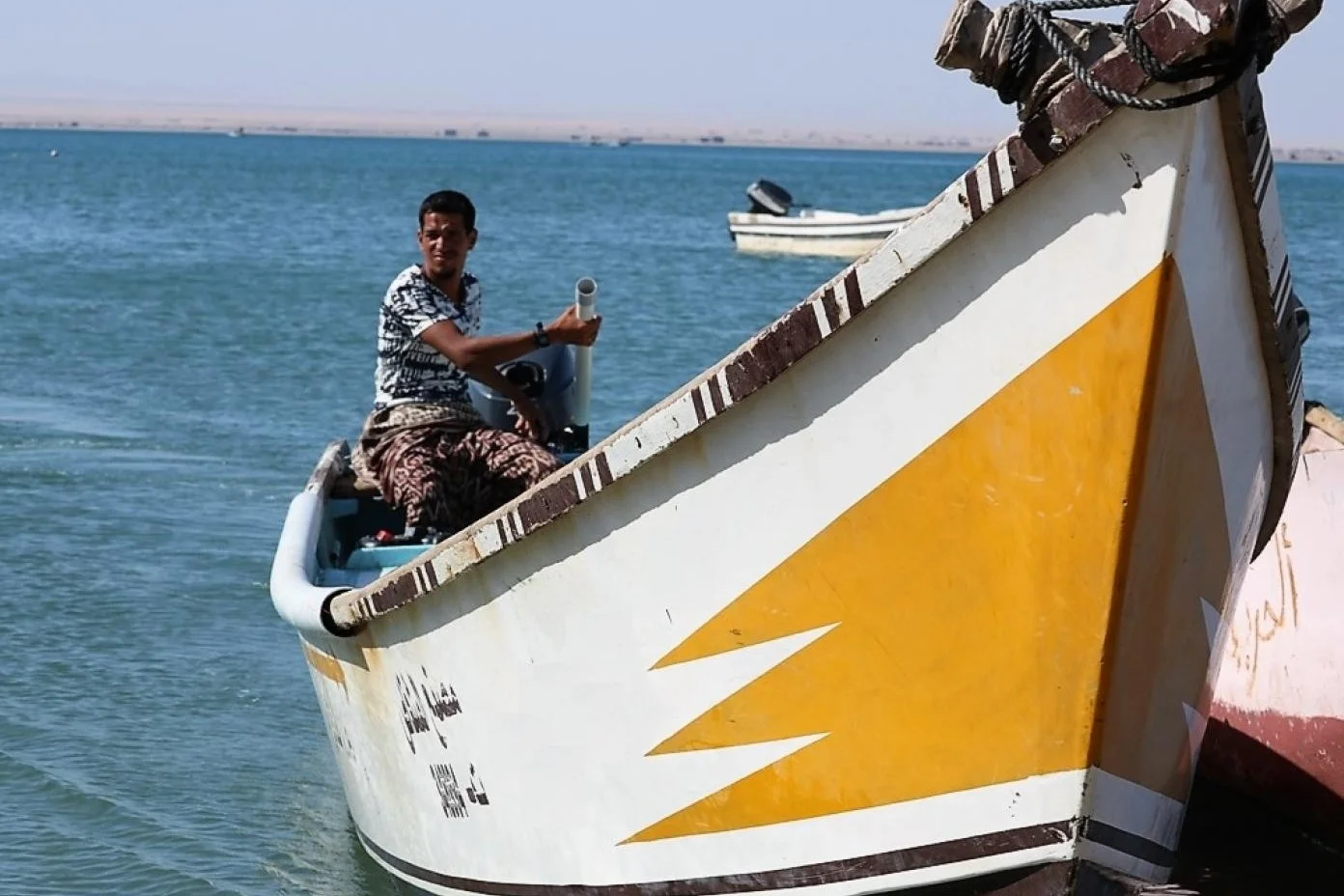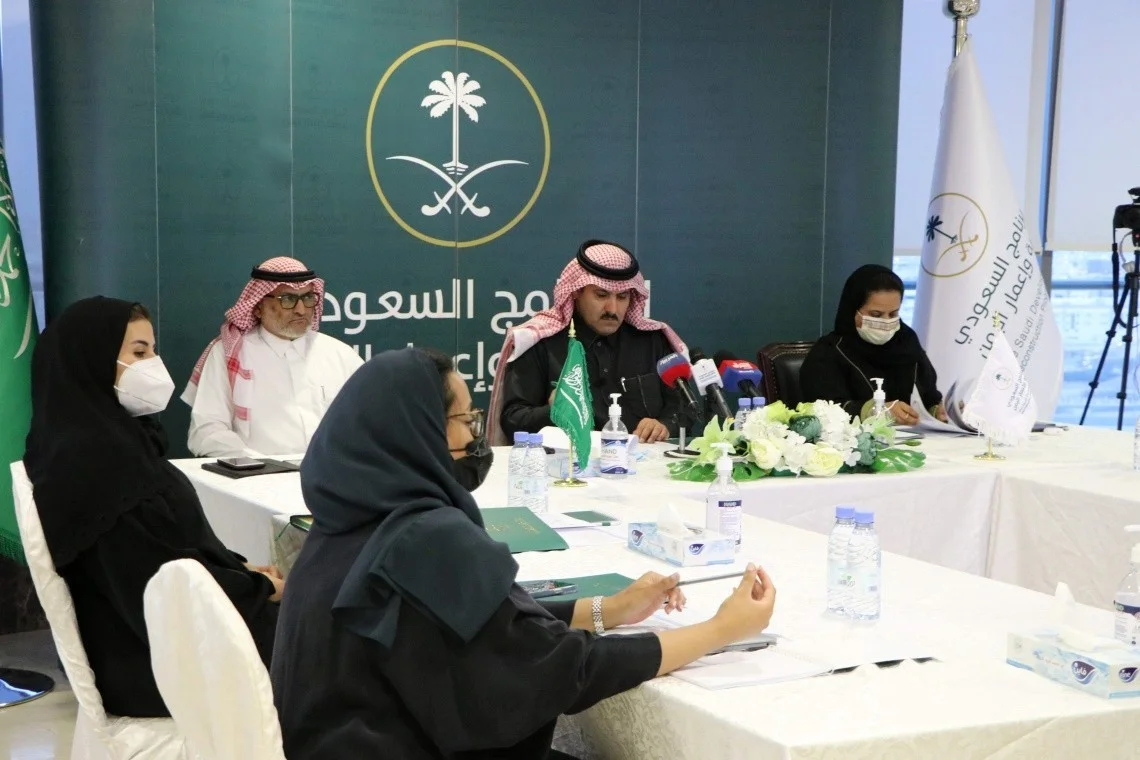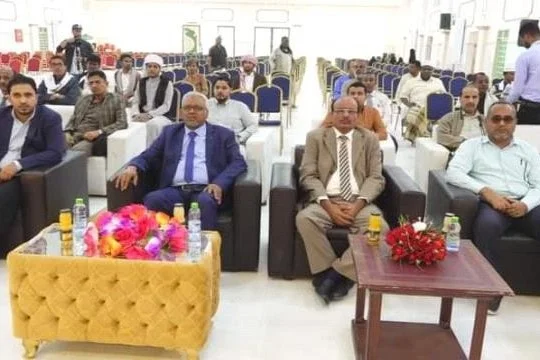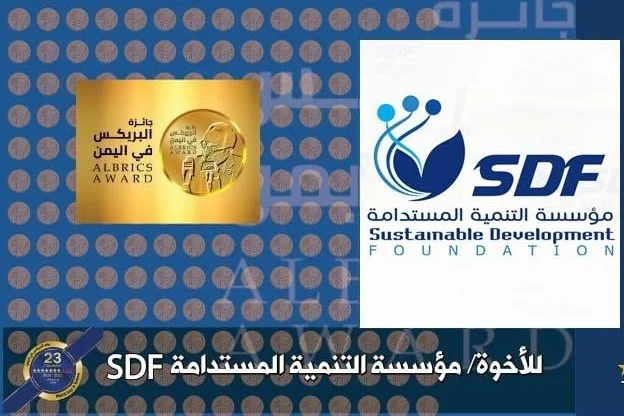Mobile youth: Yemeni youth developing mobile applications to support peace and humanitarian response
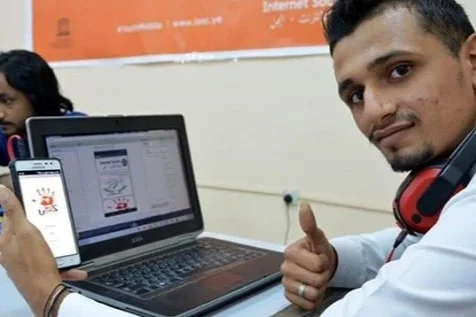
What is the interface between encryption, mobile applications and peacebuilding? Hanan Abda, a young programmer from Aden, believes that there are many links between them.
After participating in a two-week workshop for the UNESCO-based Youth Mobile project and the Yemeni Internet Society, Ms. Hanan Abda built mobile applications to disseminate peace messages and raise awareness of human rights. Based on this experience, it states that it has gained confidence in itself, and in the fact that, through the development of mobile applications, it can be part of the solution and not the problem in her home country.
In this context, she said: I believe that many problems and crises often begin because people are not aware of their rights and what they can do to contribute to building peaceful environments around them. Accordingly, it decided to build an application focusing on the exchange of practical steps, letters and advice on human rights, peace and reconciliation and to allow users to exchange personal messages in favour of the peacebuilding process.
As part of its efforts to enable young people to build peace and respond to the humanitarian crisis with ICT, UNESCO partnered with the Yemen Internet Society Branch to launch a project for mobile youth in Yemen. :: Mobile youth is a project developed by UNESCO in many countries around the world to involve young people in computer science programming (learning code) and problem solving (codification of learning) development of mobile applications that can overcome local sustainable development challenges.
In turn, the representative of Yemen to UNESCO, Anna Paulini, said: At a time when Yemen is going through conflict and the worst humanitarian crisis in the world, safe spaces and opportunities must be created to enable young people to find solutions that meet local needs and to develop anti-conflict novels through creativity and innovation.
In Yemen, 40 young people participated in the programme launched in Sana ' and Aden. Within two weeks of training, 10 mobile applications were established on issues such as health and human rights, integration of internally displaced persons and first aid advice. Young programmers use the Abenventor application, an open-source Web application developed by the Massachusetts Institute of Technology Medea Lap to learn programming mobile applications.
In a country where nearly 70 per cent of the population had mobile cellular subscriptions, Fahmi El-Basha, President of the Society of the Internet Society of Yemen, said: The Mobile Youth Initiative was timely. It is the first of its kind in Yemen, where it aims to develop mobile applications to build peace and support humanitarian response as a relatively easy and rapid means of reaching people in order to bring about positive change and impact.
Abdullah Raouh, from Sana ' a, who worked with his group to program the application of the application includes many features such as first aid instructions, how to deal with difficult situations, as well as information and instructions on a number of treatable diseases, including cholera.
Nada Maktri, who also participated in the Sana ' a workshop, explained that her group had developed an application to assist her community, particularly internally displaced persons, by providing advice and advice on daily life. Also applied by collecting statistics, which will be shared with international non-governmental and humanitarian organizations so that they can access and provide assistance to internally displaced persons.
Osama Nur participated in the training in Aden, where he noticed how difficult it was to find the medicines that patients needed. As a result, his group had developed the application, which served as a guide for classifying all rare medicines and providing information on where and how to find them.
The initiative will continue to be mainstreamed in Yemen through peer guidance and support. Therefore, a web page on Facebook for young people was created to enable young people to further develop their applications, encourage them on the Internet, exchange ideas and obtain peer support.
 Algeria
Algeria Bahrain
Bahrain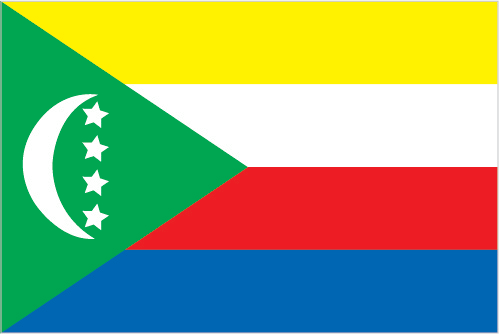 Comoros
Comoros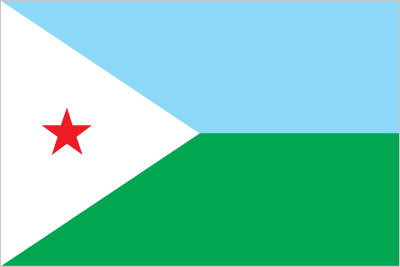 Djibouti
Djibouti Egypt
Egypt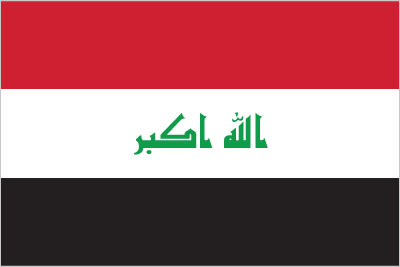 Iraq
Iraq Jordan
Jordan Kuwait
Kuwait Lebanon
Lebanon Libya
Libya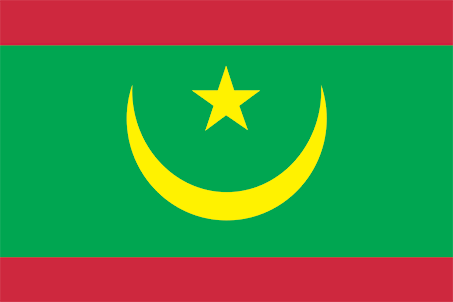 Mauritania
Mauritania Morocco
Morocco Oman
Oman Palestine
Palestine Qatar
Qatar Saudi Arabia
Saudi Arabia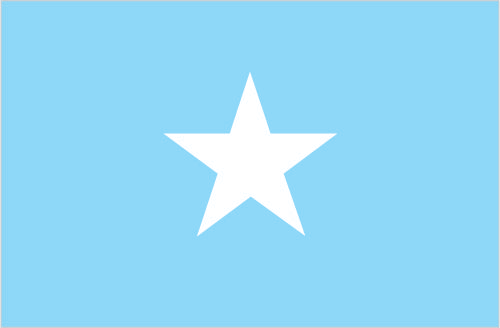 Somalia
Somalia Sudan
Sudan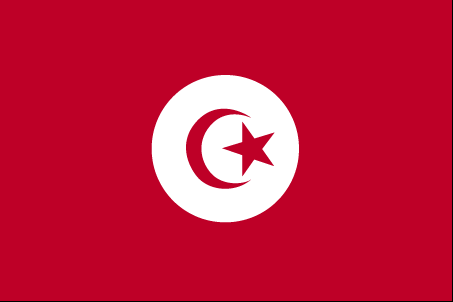 Tunisia
Tunisia UAE
UAE Yemen
Yemen